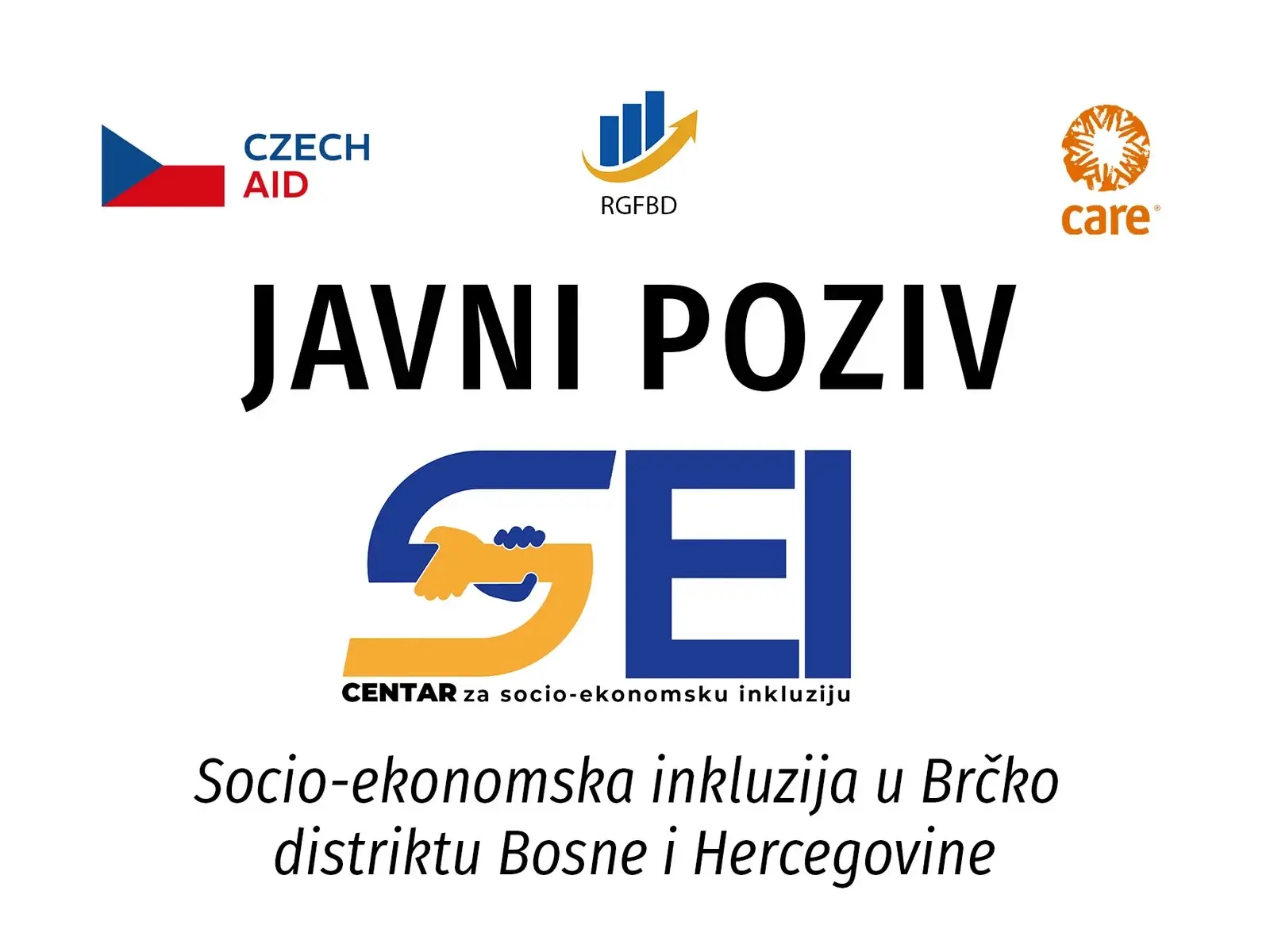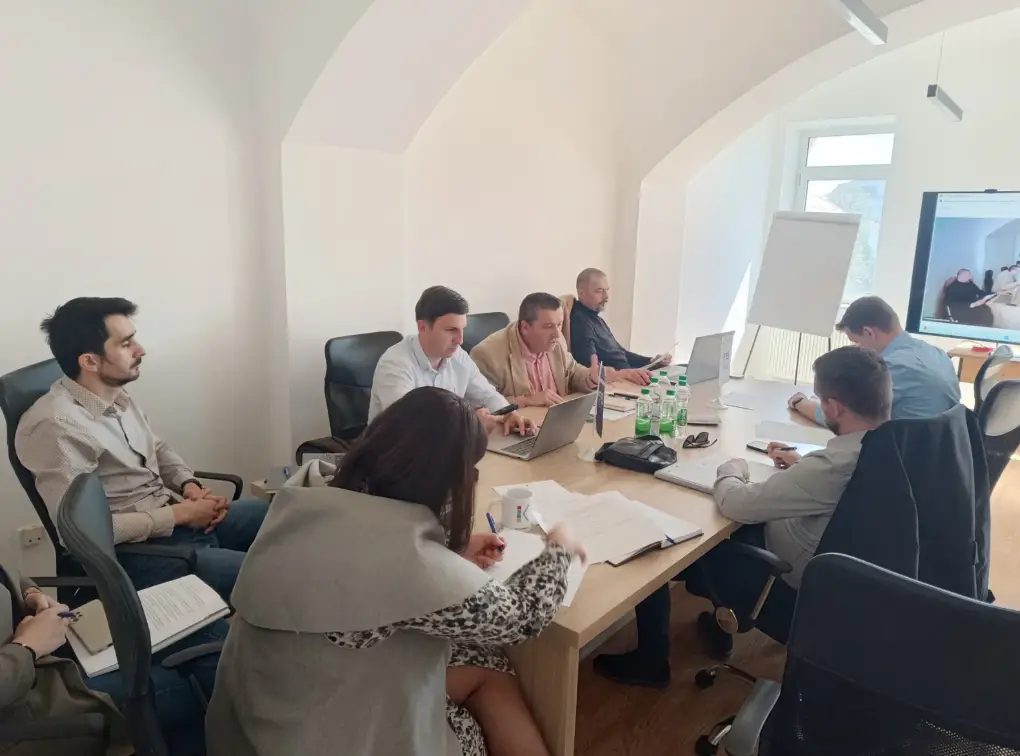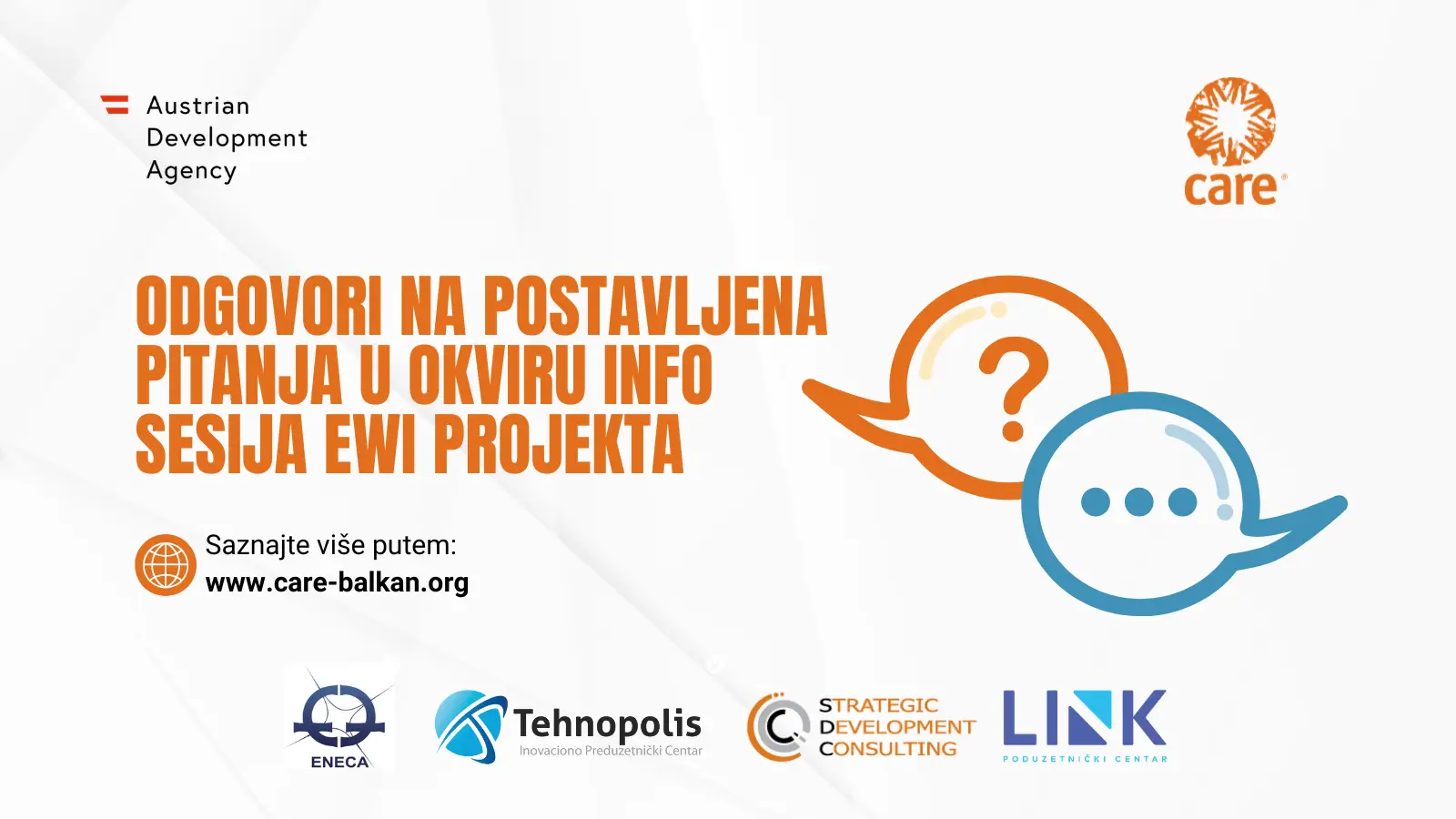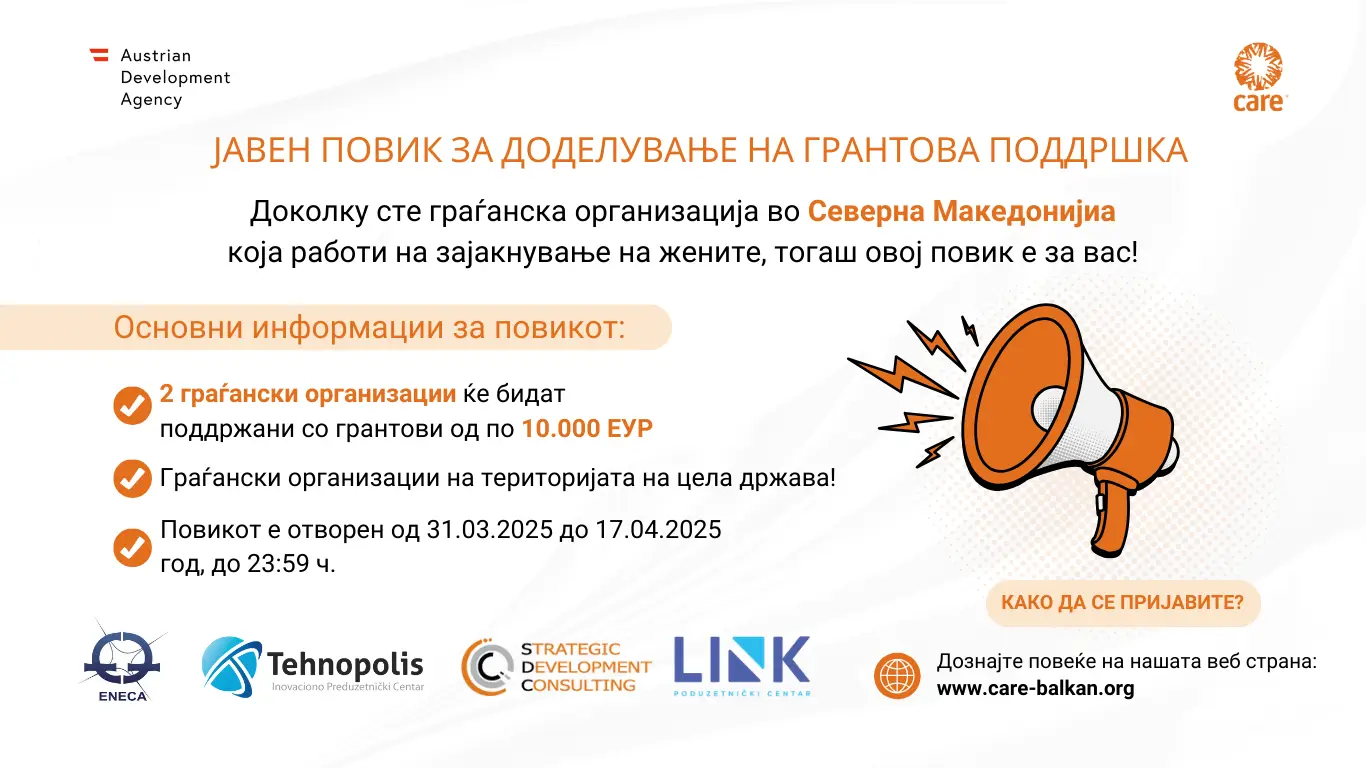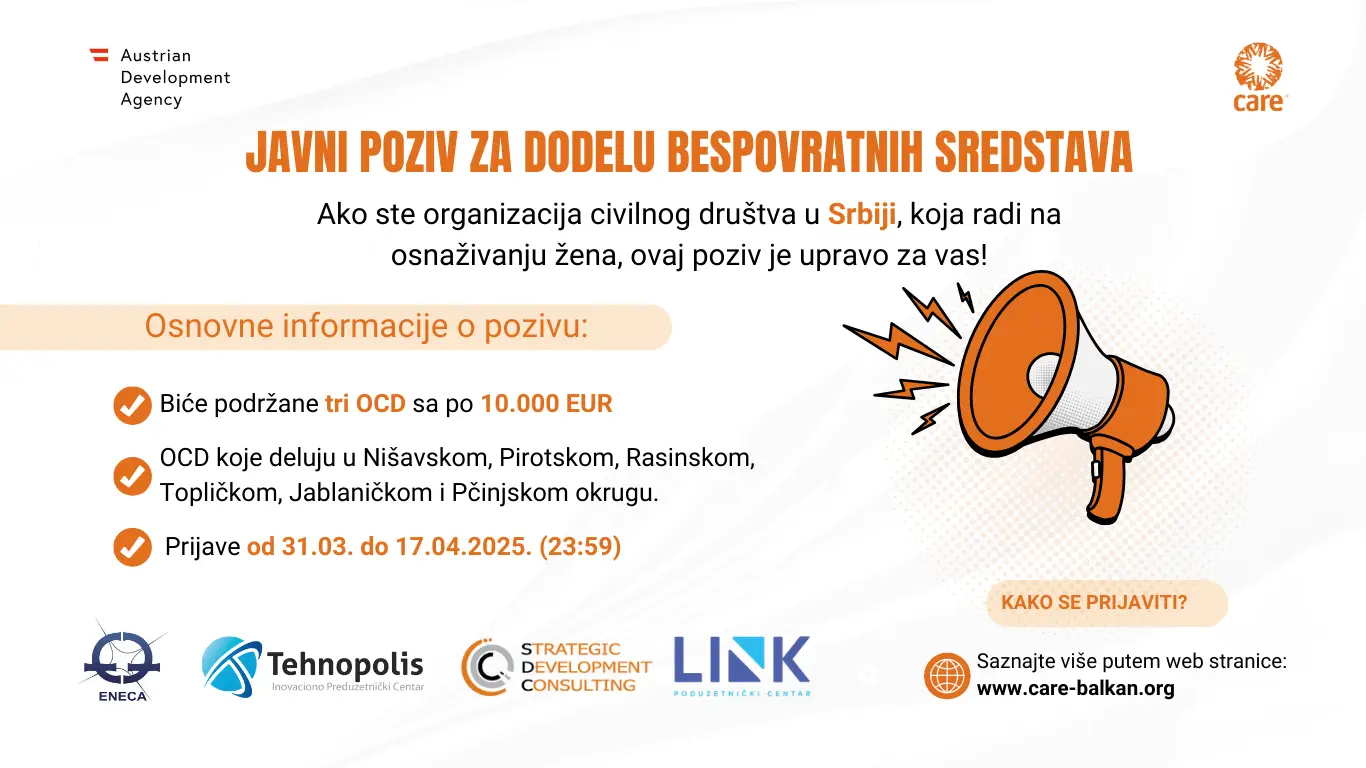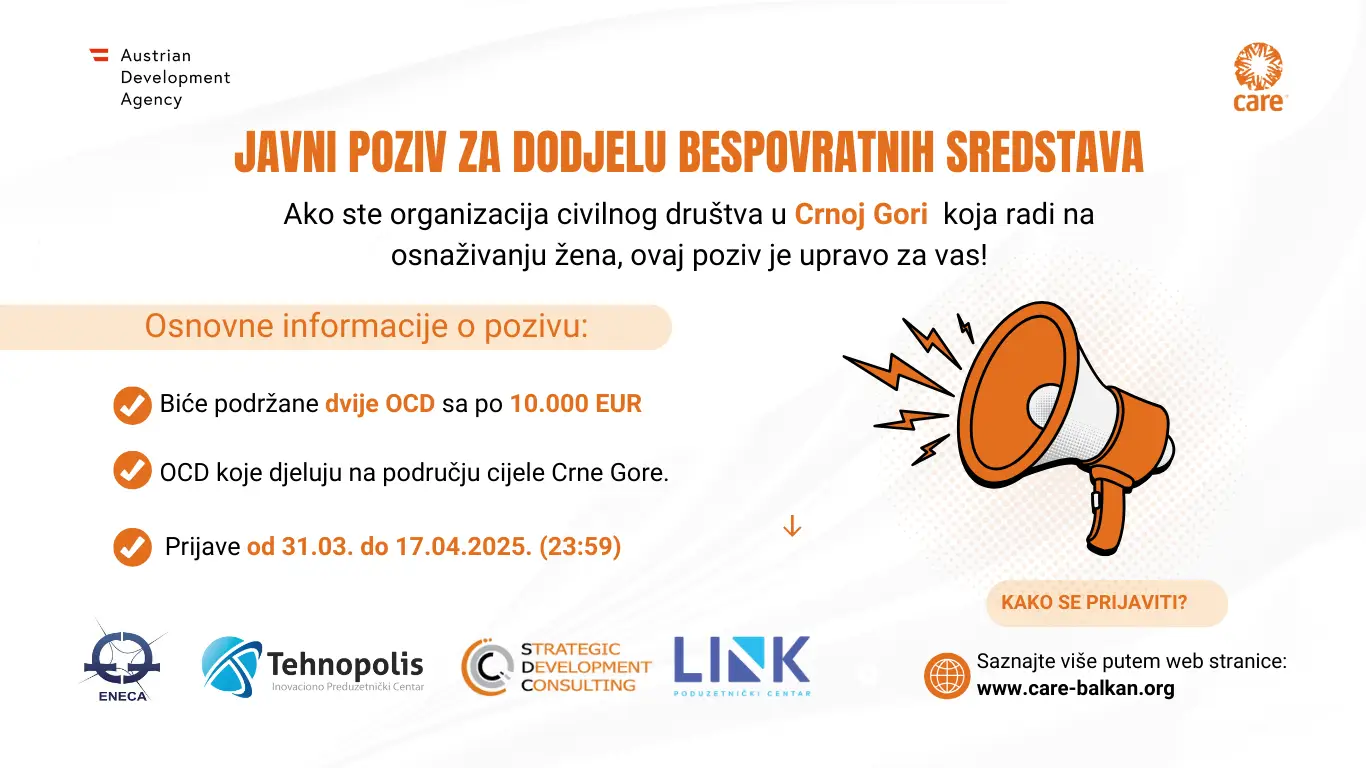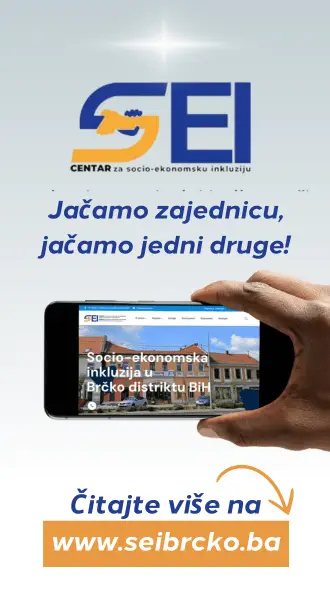Since February 1, 2024, CARE International Balkans, in cooperation with representatives of the Roma Association “Bolja budućnost” from Tuzla and the Foundation “Krila nade” from Sarajevo, has been implementing the “Right to the Future” project. Funded by the European Union, this initiative is set to be finalized on January 31, 2026. The project’s primary aim is to protect human rights and combat discrimination in Bosnia and Herzegovina (BiH) by promoting gender equality and empowering Roma women and girls.
With this project, Roma women and other marginalized women and girls are expected to enjoy their rights to live free from violence, discrimination, and harmful norms, including child, early, and forced marriage practices (CEFM). This initiative is supported by their families, male peers, Roma and non-Roma communities, and local and national governments.
The project will organize numerous interactive workshops with young girls and boys in Roma communities, focusing on gender, identity, healthy relationships, sexual and reproductive health and rights, and decision-making skills using CARE’s tested model, Program E. Discussions with parents, community members, media representatives, and school staff will aim to foster a better understanding of their roles and responsibilities in the recognition, prevention, and response to the risks of early marriage, as well as creating a supportive environment for young people and families.
In the communities where the project is active, efforts will be made to raise awareness and increase the skills of local and national authorities and other actors for adequate prevention. This will ensure better access and use of services for Roma women and other marginalized girls and their families in dealing with gender-based violence, human trafficking, and early, child, and forced marriages.
The project aims to achieve the following results:
- Marginalized youth, primarily Roma boys and girls, will build their capacities and recognize the cause-and-effect relationship between traditional gender norms and harmful practices, advocating for change.
- Parents, teachers, media, and key community actors will be empowered to challenge patriarchal attitudes that support harmful practices such as gender-based violence, trafficking in human beings, and CEFM, together with young people.
- Roma women’s civil society organizations (members of the Roma Women’s Network ‘Success’) will be strengthened to facilitate the process, including the active involvement of service providers and other government employees responsible for ensuring functional prevention and response mechanisms with the implementation of relevant legal provisions.
This project is funded by the European Union, highlighting its importance in promoting human rights and gender equality in Bosnia and Herzegovina.


